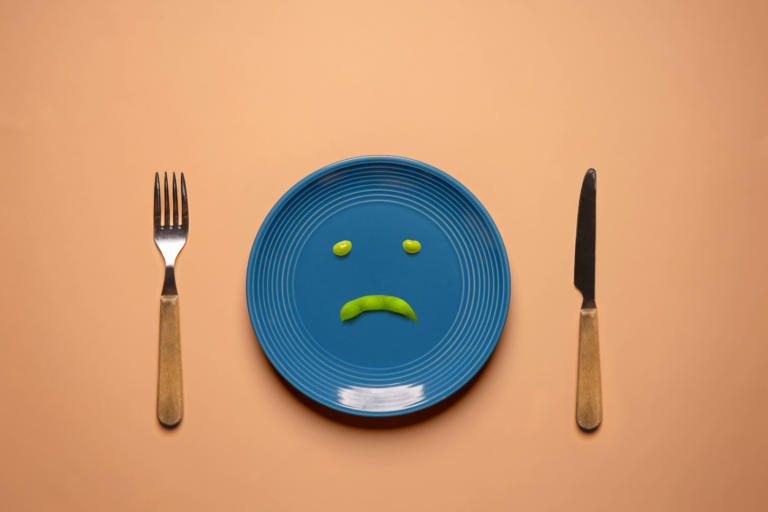The Image of the Diabetic Body
Too often diabetic children make enemies of their bodies while trying to strike a balance between enjoying what they eat and managing their blood sugar.

Read Time: 4 minutes
Published:
I learned to count carbs while most people still counted on their fingers. I was diagnosed with type 1 diabetes when I was five years old. From that day onward, my family had a food scale on the counter to portion every one of my snacks. All my teachers, every doctor I saw, and most adults I knew were suddenly preoccupied with my food intake. While other children made friends on the playground, my mom sat with me at lunch to watch me eat. Pretty hard making friends when you’re the kid who sits with his mommy.
She now regrets it. I can’t blame her for making the management of my disease a high priority. And, in retrospect, I understand the worry that made her overlook my social needs. Despite parents’ best intentions, the scrutiny of every bite a child with type 1 diabetes takes can have unexpected consequences down the road. Adolescents and adults diagnosed with type 1 diabetes when they were children face an increased risk for eating disorders.
Almost 20,000 adolescents are diagnosed with type 1 diabetes every year. Clinicians don’t know the cause of the disease, but it requires lifelong management of blood glucose, using daily self-testing and insulin. Developing diabetes in adolescence means the typical demands of a changing body, navigating social and family life, but with the added stress of coping with a strict diet, medical oversight, and regular injections.
Disordered eating–skipping too many meals, anorexia, bulimia–poses health risks for anyone, but diabetics face a significantly increased risk. A 2021 study found that type 1 diabetics with eating disorders have triple the risk of diabetic ketoacidosis compared to diabetics without eating disorders. This is an extremely dangerous complication of diabetes, which can lead to organ failure and even death. A review of diabetic mental health research found that struggling with diabetes often makes children dislike their bodies and fear of judgment from friends and family, contributing to disordered eating.
Overnight, I went from a kindergartener to a diabetic, and it felt like I couldn’t be both.
How do we balance managing a diabetic child’s nutrition with encouraging a healthy body image? I went to support groups for many years, but still felt isolated. I liked meeting other kids with my same struggles, but I needed more comfort with my body—a topic relevant to everyone. Clinical and social lines blur when diabetes needs to be managed every moment of the day. Programs have been designed to teach children or parents positive body image and the dangers of disordered eating.
Nicole Gibbings and fellow researchers focus on clinical solutions to reduce disordered eating in juvenile diabetics, in particular mental health support. Researchers have proposed integrating mental health support into schools to build systems of support for all children.
The number of adolescents diagnosed with type one diabetes has increased yearly since 2001. The overall rate of diabetes has grown by 30% between 2017 and 2020. Responsibility for protecting children’s mental health and preventing body image issues falls on every parent, and the risks are growing.
My mom sat through kindergarten lunches with me because she was concerned for my health. Overnight, I went from a kindergartener to a diabetic, and it felt like I couldn’t be both. As an adult, I still have days when I wonder if I’ve found a healthy balance in enjoying what I eat and managing my blood sugar. When I have a bad blood sugar day and must decide whether to eat and feel sick if my sugar spikes or to skip eating entirely, the line between disordered eating and managing my disease doesn’t seem clear.
I don’t know how to solve this problem, but too often diabetic kids make enemies of their bodies. I’ve had diabetes my entire life. I’ve grown confident in managing it, but I still have bad days. Type 1 diabetes lasts a lifetime, and counting carbs is still a struggle, though I’m now at an age when I can talk about it and seek the support I need.
Photo via Getty Images



